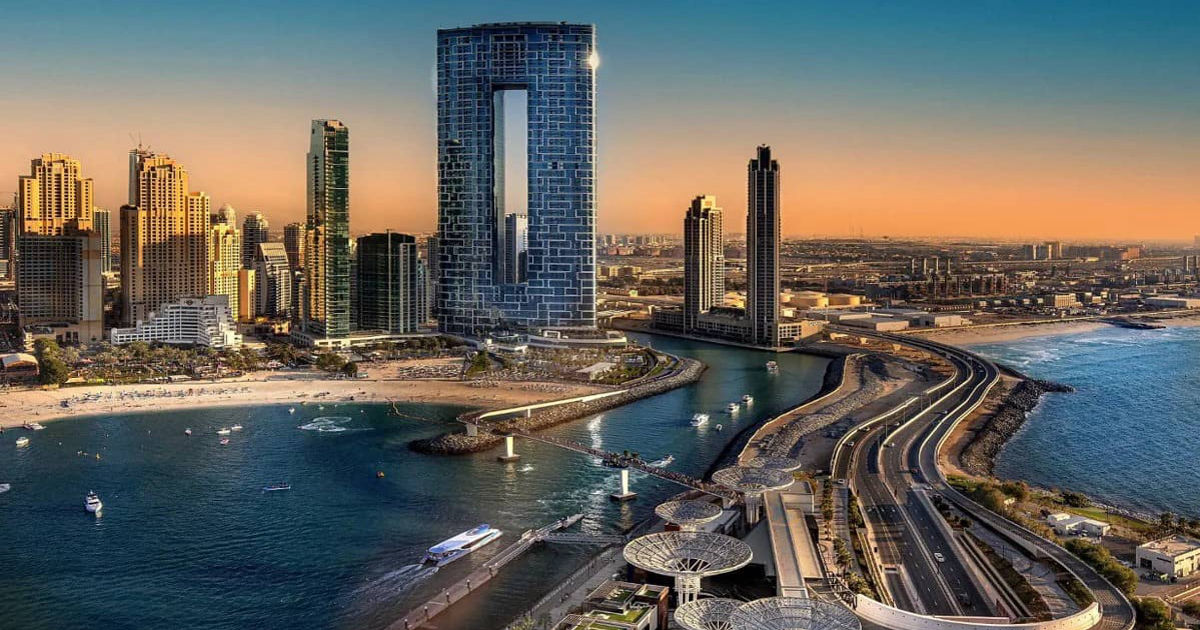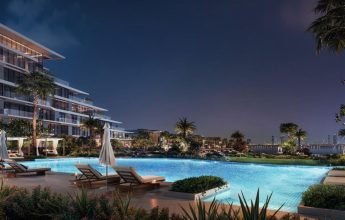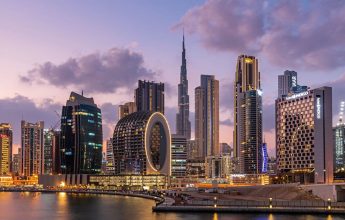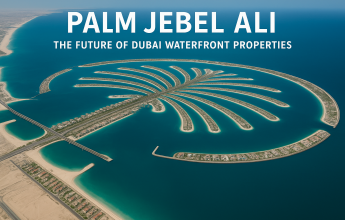Your Guide to Buying Freehold Property in Dubai

Investing in Dubai’s real estate market offers a unique opportunity for global buyers to own a piece of this dynamic city. Since 2002, a landmark law has allowed expatriates to purchase property in designated areas, opening the door to a world of investment potential and luxurious living. Understanding how to navigate this market is the first step toward securing your dream home or next investment. For many, a freehold property in dubai represents not just a secure asset but a gateway to a vibrant lifestyle. This guide will walk you through everything you need to know, from ownership rights to the buying process.
Understanding Your Ownership Rights: Freehold vs. Leasehold
When you look into Dubai’s property market, you will encounter two main types of ownership: freehold and leasehold. It’s important to understand the difference. Leasehold gives you the right to a property for a fixed term, typically up to 99 years, but you do not own the land it sits on.
In contrast, purchasing a freehold property in dubai gives you complete ownership of both the unit and the land it occupies. This ownership is registered in your name with the Dubai Land Department (DLD) and can be inherited, sold, or leased at your discretion. This complete property ownership provides long-term security and makes it a highly attractive option for expat buyers and international investors.
Top Freehold Areas in Dubai
The government has designated specific zones where non-GCC nationals can purchase freehold properties. These areas are some of the most sought-after communities in the city, each offering a distinct lifestyle and range of amenities.
- Dubai Marina: A bustling waterfront community known for its stunning skyscrapers, lively nightlife, and extensive dining options.
- Downtown Dubai: The heart of the city, home to the Burj Khalifa, The Dubai Mall, and a vibrant urban atmosphere.
- Palm Jumeirah: An iconic man-made island offering luxury villas and apartments with exclusive beach access.
- Arabian Ranches: A family-friendly, gated community with a suburban feel, known for its spacious villas and green landscapes.
- Jumeirah Village Circle (JVC): A rapidly growing community popular for its affordable apartments and townhouses, offering great investment potential.
The Property Buying Process Explained
The process of buying property in Dubai is straightforward and well-regulated. The Real Estate Regulatory Agency (RERA) oversees all transactions to protect both buyers and sellers. Here’s a simplified breakdown of the steps:
- Sign the Agreement: Once you choose a property, you and the seller will sign a Memorandum of Understanding (MOU), also known as Form F. At this stage, you pay a security deposit, typically 10% of the property value, and the escrow account holds it securely.
- Obtain a No Objection Certificate (NOC): The developer must issue an NOC to confirm that there are no outstanding service charges or other liabilities on the property.
- Complete the Transfer: You and the seller will meet at the Dubai Land Department (DLD) office to formally complete the property transfer. All fees must be paid at this stage.
- Receive the Title Deed: Once the transaction is finalized, the DLD will issue a new title deed in your name, officially making you the legal owner.
Key Legal and Financial Considerations
Before you commit, it’s wise to perform thorough due diligence. Ensure the seller is the legal owner and that the developer has a good reputation, especially if you are buying an off-plan property. Financially, you need to budget for more than just the purchase price. Additional costs include DLD transfer fees (4% of the property value), real estate agent fees (typically 2%), and annual service charges for the maintenance of common areas. If you plan to get a mortgage, you will also need to account for bank processing fees and valuation costs.
Investment Potential: ROI and Capital Appreciation
Dubai’s real estate market is known for its strong return on investment (ROI). The city offers some of the highest rental yields globally, especially in popular communities like JVC and Dubai Marina. A freehold property in dubai not only generates steady rental income but also has significant potential for capital appreciation over the long term. The city’s continuous growth, world-class infrastructure, and status as a global business hub all contribute to a stable and promising investment environment for your property.
Lifestyle and Residency Benefits
Owning property in Dubai unlocks more than just financial returns; it offers an unparalleled lifestyle. You gain access to world-class amenities, from private beaches and swimming pools to state-of-the-art gyms and beautifully landscaped parks. Furthermore, property ownership can make you eligible for a UAE residency visa. Investing a certain amount in real estate can grant you and your family a renewable visa, providing a secure path to living in one of the safest and most exciting cities in the world.
Navigating the Secondary and Off-Plan Markets
You can purchase property either on the secondary market (from a previous owner) or off-plan (directly from a developer before construction is complete). The secondary market allows you to see the finished product and potentially move in or rent it out immediately. Off-plan properties often come with attractive payment plans and lower initial prices, offering great potential for capital appreciation by the time of completion. Both markets have their advantages, and your choice will depend on your investment strategy and timeline.
Conclusion
Investing in a freehold property in dubai is a secure and rewarding journey. The city’s transparent legal framework, regulated by entities like RERA and the DLD, provides confidence for expat buyers. With a diverse range of communities, strong rental yields, and the potential for long-term capital growth, Dubai remains a top destination for property investment. By understanding the process, costs, and benefits, you can make an informed decision that aligns with your financial goals and lifestyle aspirations, securing your future in this remarkable city.
Frequently Asked Questions (FAQs)
1. Can foreigners buy property anywhere in Dubai?
No, foreigners can only purchase freehold property in specific areas designated by the Dubai government. These areas include popular communities like Dubai Marina, Downtown Dubai, and Palm Jumeirah.
2. What is the difference between freehold and leasehold?
Freehold ownership gives you complete rights to the property and the land it is on, in perpetuity. Leasehold gives you the right to use a property for a fixed term (e.g., 99 years), but you do not own the land.
3. What are the main costs involved in buying a property in Dubai?
Besides the property price, you should budget for the Dubai Land Department (DLD) transfer fee (4% of the property value), agent fees (around 2%), and a registration fee. If you are getting a mortgage, there will be additional bank charges.
4. Can I get a residency visa by buying property in Dubai?
Yes, you may be eligible for a UAE residency visa if your property investment meets a certain minimum value. This visa is renewable and can cover your family members as well.
5. What is a No Objection Certificate (NOC)?
The property developer issues an NOC as a legal document confirming that no outstanding payments or service charges remain on the property. The DLD requires it to complete the ownership transfer.






